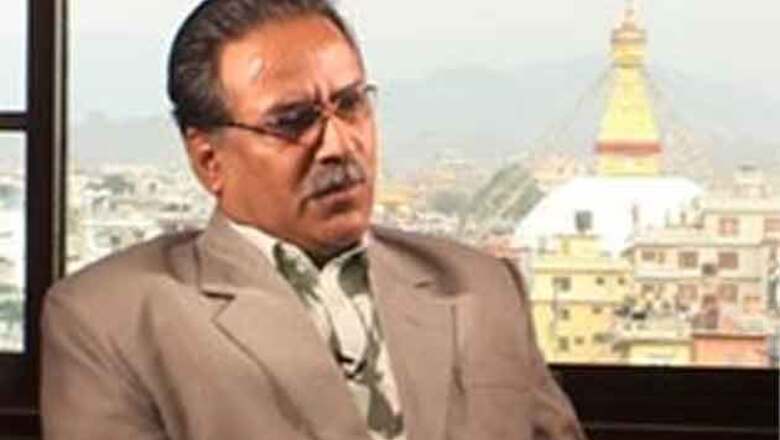
views
Kathmandu: The political crisis in Nepal continues as the Parliament failed to elect the Prime Minister even after the sixth round of the prime ministerial elections on Sunday.
Both the candidates Maoist leader Pushpa Kamal Dahal, popularly known as 'Prachanda', and his rival of Nepali Congress, Ramchandra Poudyal, could not obtain majority in the Constituent Assembly, the Parliament of Nepal in capital Kathmandu.
The ongoing constitutional crisis has been continuing for the last two months. Both the candidates failed to garner support from the 601-member Constituent Assembly. Prachanda got 240 votes, but 101 parliamentarians voted against him. Poudyal could manage only 122 votes. 206 parliamentarians remained neutral.
Speaking to mediapersons outside the constituent assembly after the elections, Chairman of the Nepal Mazdoor Kisan party, Narayanman Bijuchhe, suggested President rule as the only option to end the standoff in the country.
"The interim constitution should be amended to authorise the president to step in to break the crisis and the cabinet should recommend the head of the state for presidential rule," said Bijuchhe.
The Himalayan nation has not had an effective government since Prime Minister Madhav Kumar Nepal resigned in June, bowing to pressure from Maoist former rebels trying to return to power and oversee the drafting of a republican constitution.
Caretaker Prime Minister Madhav Kumar Nepal, blamed the Maoists for the present political uncertainty in the country that has further delayed the peace process after a decade-long civil war ended.
"The ones who said that they would find the solution within two hours if I resigned should be answerable now. They have left the country in this state," said Nepal.
The next round of voting has now been scheduled for Tuesday (September 7).
Nepal abolished its 239-year-old monarchy two years ago and became a republic under a peace deal that brought the former Maoist rebels into the mainstream.
But political instability has delayed the drafting of the new constitution and hit South Asia's poorest economy hard.










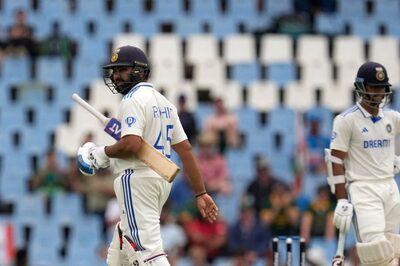



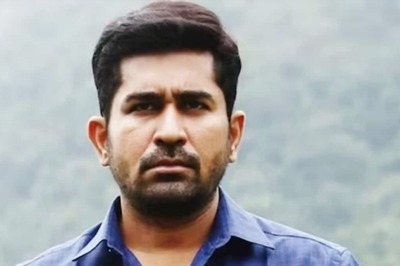
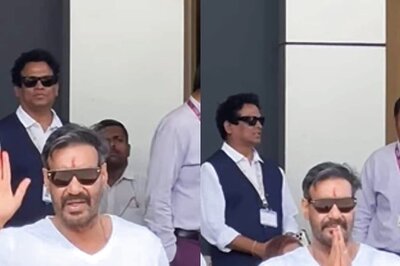
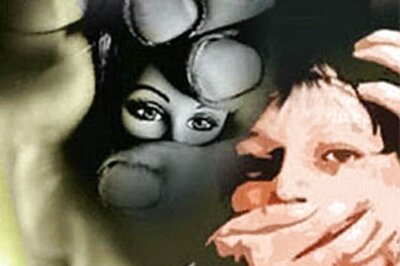
Comments
0 comment